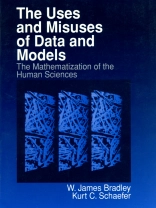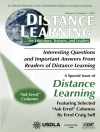Undeniably, the amount of ‘human information’ in our culture has increased by leaps and bounds. How that information is used has profound implications on the way we live as a society. At the same time, the discussion of values, norms, and purpose is often missing from the discourse of social research especially by those who work within the positivist framework. Authors James Bradley and Kurt Schaefer develop principles to guide the use of data and models in the human sciences. Writing as scholars who are at home with empirical and mathematical social science, yet taking seriously the critiques of this heritage, the authors propose ways of developing norms without becoming radically subjective. The Uses and Misuses of Data and Models argues eloquently that norms, values, and purpose need to become part of the common discourse of researchers, with more ethical and socially responsible research the result. The Uses and Misuses of Data and Models is an intriguing and thought-provoking book that will be of great interest to anyone involved in the enterprise of social research.
Cuprins
PART ONE: FOUNDATIONS
Oracles, Norms and Science
Modeling
Dreams and Disappointments
PART TWO: THE INFORMATION CYCLE
A Priori Influences on the Information Cycle
Measurement of Human Information
Limitations of Measurement in the Social Sciences
Information for Inferences
What
Are Social Science Data?
Causality
Models and Policy Making












